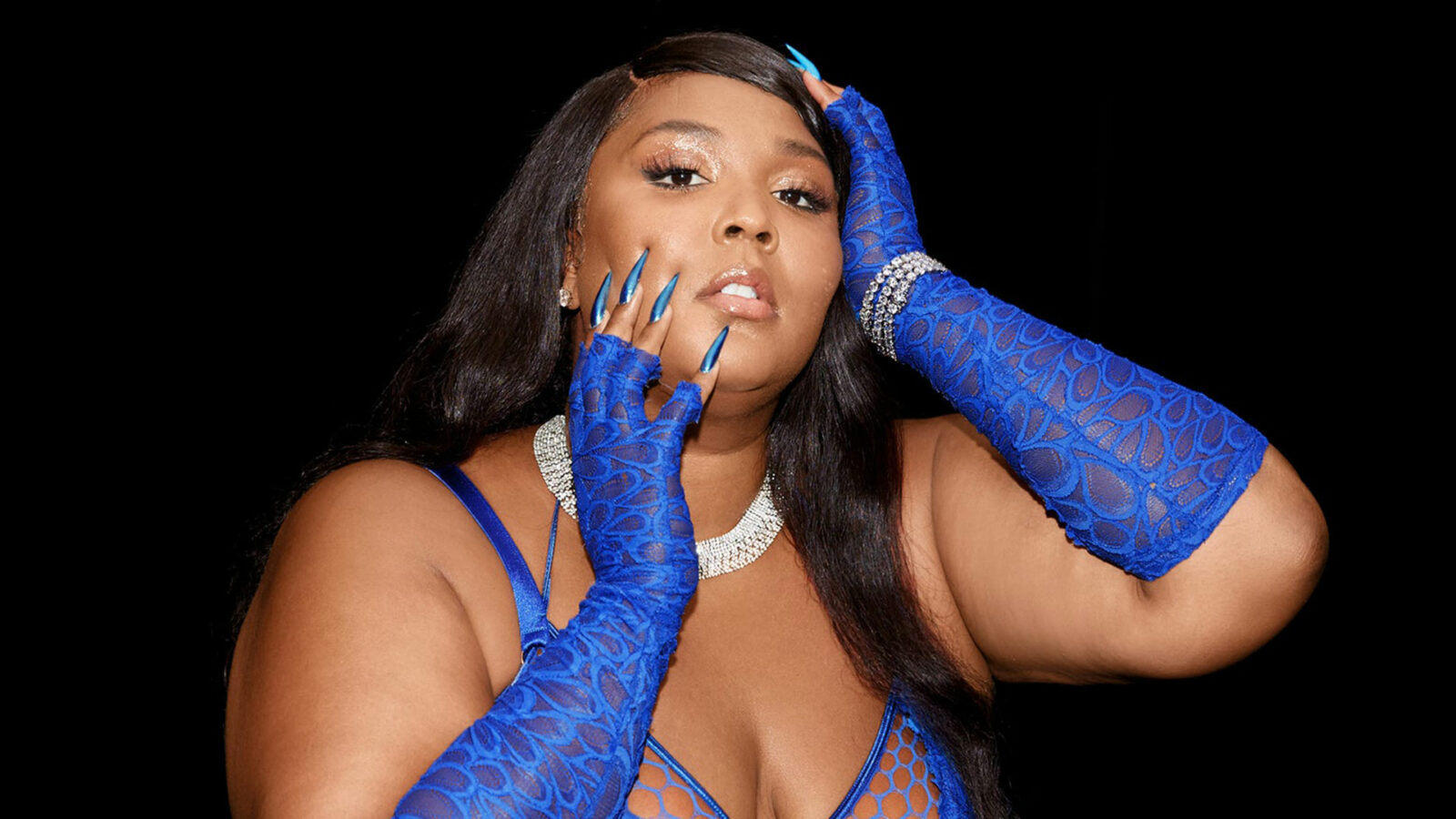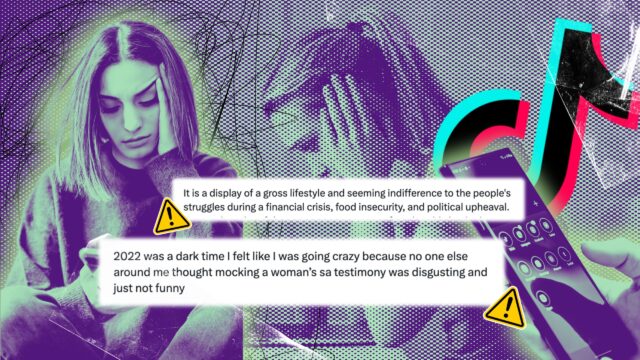Fat-shaming is unfortunately still very much alive in this country. We get shamed every holiday during family reunions when old relatives “joke” about how the extra pounds will be the reason why no one would want to date us. We get shamed around “friends” who think it’s all fun and games to poke fun at how much we’ve gained from the last semester. Most often, we get shamed by old men in the streets, doubling the damage with street harassment and some unsolicited advice to lose weight as if we owe them a minute to listen.
Here is the truth that everyone must know, but not a lot of people care for: Fat-shaming is, and will never be, a good way to encourage someone to lose weight.
I often read comments from people who fat-shame that they only do it because they are “concerned” for the other person’s well-being. For them, they believe that insecurity is the best motivation for people to strive for improvement. Well, dear critics, don’t wrap your offensive comments in thin foil that you call concern, because the stench of your prejudice still gives you away.

This isn’t even a matter of too much political correctness among people nowadays, if there even is such a thing. This isn’t about people being “too sensitive” to take constructive criticisms, because shaming is not constructive. Attacking a person without knowing enough about their back story is just rude.
With a waistline of over 30, I am what present societal standards would refer to as “fat.” I’ve experienced fat-shaming since I was a kid. This, to me, now seems ridiculous, because I was a lot slimmer before but still got made fun of.
Even if I’ve always been chunky, I started to gain more weight when I got into college. University life was stressful, to say the least. From deadlines and exams to legwork for theatre productions, there’s almost no time for rest.
Not only did it affect my mental health, but it also did some harm to my physical health. I often skipped meals, had insufficient hours of sleep, drank too much caffeine. There was a brief time when I depended on nicotine and alcohol to get me through stretches of depressive episodes. I did not eat a lot on a regular basis, but I still gained a lot of weight.
Experts say that stress alone can cause weight gain. Chronic stress does our body more harm than we can imagine. In a feature for Glamour, Fatima Cody Stanford, obesity medicine physician at Massachusetts General Hospital, explained that the body starts to retain body weight when we are stressed because it is “trying to ward off an unseen threat.”
She added, “There’s a certain threshold by which people can identify when they feel that burden of stress, beyond daily life stress. Usually when that threshold has been reached is when we see the battle with weight regulation.”
Peter LePort, M.D., a bariatric surgeon and medical director of MemorialCare Center for Obesity at Orange Coast Memorial Medical Center, also noted that stress also makes people want to eat more. So yes, stress-eating is a thing.
A lot of people in the Philippines seem to love shaming others for gaining weight.

“Jokes” about plus-sized people are ever so common in Philippine media. Even in actual everyday interactions, it’s present and thriving. Some plus-sized individuals get ridiculed when riding public vehicles, either made fun of by drivers and barters or charged more than the regular fee because of their weight. Elder Filipinos tell plump children that they’re fat because their parents “left them in the kitchen.” In family reunions or any social gatherings with elder folks, I’d often be told that I gained weight and should eat less.
There are a lot of reasons why someone is the way they are. Some people go through health issues that lead to weight gain. What’s worse is that shaming may only worsen their state, dragging down their self-esteem and leaving them disheartened.
The best thing you can ever do is to be sensitive enough to stop minding someone’s business.
To the plus-sized people who experience fat-shaming, never let anyone tell you what to do. Do not change yourself for someone insignificant whose opinion really shouldn’t affect you. You are beautiful. You are valid. All that matters is that you take good care of yourself and that you learn to love your body exactly the way it is.





